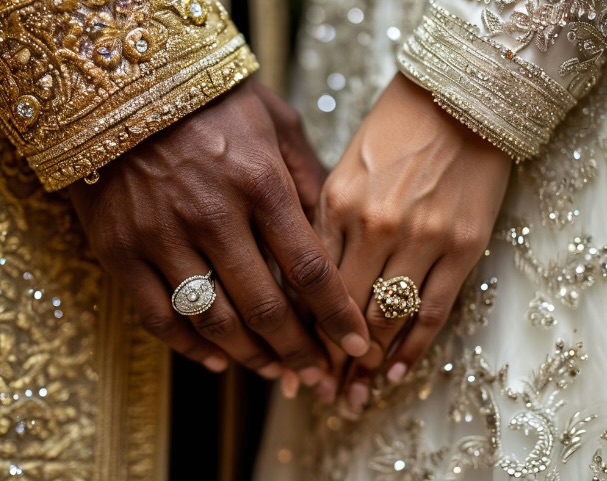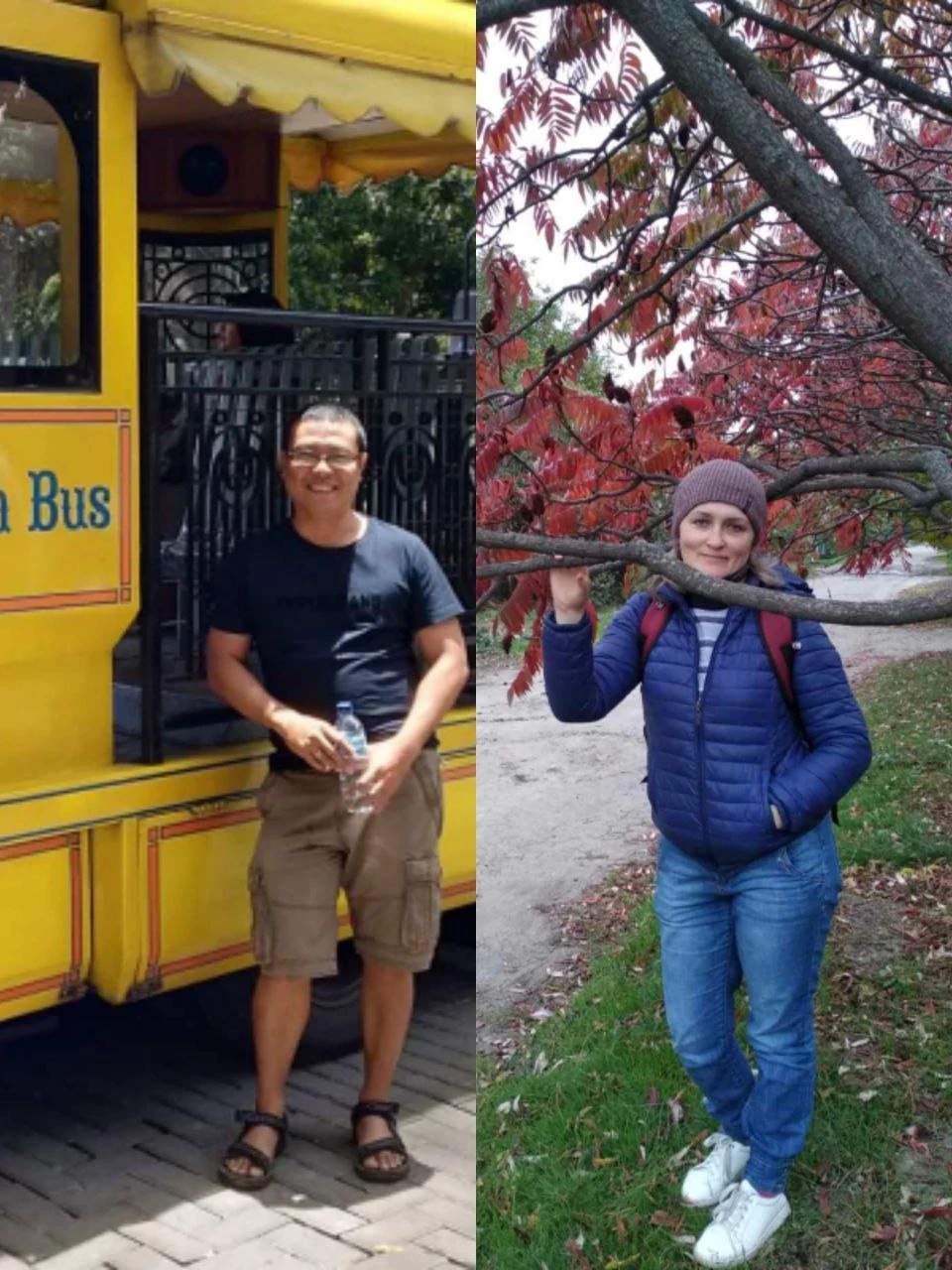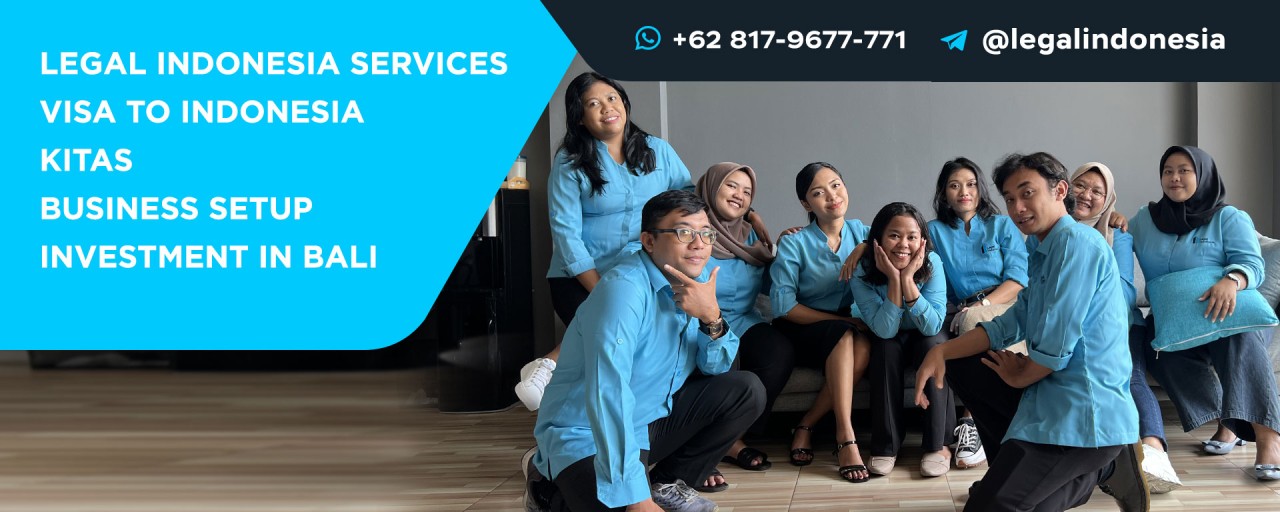Starting a Family with an Indonesian and Having Children in Bali. How to Handle the Paperwork?
According to statistics, more than 50% of marriages in the modern world are concluded after meeting online. Many couples also meet while traveling, for example, while on vacation in Bali. So, you've fallen in love with an Indonesian and are considering starting a family. What is the procedure for registering such an international marriage, and what challenges might you encounter during the documentation process?

There are three possible options:
- Register the marriage in your country,
- Register the marriage in Indonesia,
- Formalize the relationship in a third country.
Since Indonesia has joined the Hague Convention, you can legalize documents by having them translated and notarized, and then apostilled.
Let's consider the first option. When registering an international marriage in your country, you first need to determine which registry office is authorized to register marriages with foreigners. Usually, this is the central registry office in the region where you reside.
Steps:
- 1.Visit the registry office to find out the list of required documents. The future Indonesian spouse will need a CNI (Certificate of No Impediment).
- 2. Submit the Marriage Application
Once you receive the original Certificate of No Impediment (CNI) from the Indonesian embassy, submit all required documents to the civil registry office in the country where the marriage will take place. You will be given a date for registration, after which you’ll receive the official marriage certificate.
- 3. Translate and Legalize the Marriage Certificate
Have the marriage certificate translated into English and Indonesian by a certified translator. Then, legalize or apostille the document according to international standards, so it is recognized by Indonesian authorities.
- 4. Apply for a Family Visa (VITAS)
With the legalized marriage certificate, you can apply for a VITAS (Temporary Stay Visa) under the family category. This allows you to stay in Indonesia with your spouse for an extended period.
- 5. Register the Marriage in Indonesia
Upon arrival in Indonesia, register your marriage with local civil and/or religious authorities, usually the Kantor Camat and the KUA (Office of Religious Affairs).
For Muslim spouses, a nikah certificate may be required, as religious recognition is integral to marriage registration in Indonesia. Once registered, you’ll receive an Indonesian marriage certificate, which is necessary to proceed with your residence permit (ITAS).
- 6. Obtain ITAS and SKTT
After registering the marriage, apply for a family ITAS (Temporary Stay Permit). Once granted, go to the local civil registry office (Disdukcapil) to obtain an SKTT (Temporary Resident Certificate), which serves as your official ID while living in Indonesia.
- 7. Path to Permanent Residency or Citizenship
Start with a 1-year ITAS, then extend it for 2 more years. After that, you can convert it into a 5-year ITAP (Permanent Stay Permit).
Once you hold an ITAP, you may apply for permanent residency or citizenship if eligible — typically after 7 years of continuous residence or 10 years of cumulative residence in Indonesia.
- 8. Receive the KTP for Foreign Residents
After obtaining ITAP, you will be issued a KTP Orang Asing — the Indonesian national identity card for foreign residents — replacing your SKTT.
If registering the marriage in Indonesia - the process is reversed.
- 1. Certificate of No Impediment
The foreign prospective spouse must obtain a Certificate of No Impediment to Marriage from their home country’s embassy or consulate in Indonesia. This document confirms that they are legally single and eligible to marry.
- 2. Religious Requirement for Muslim Marriages
If the Indonesian partner is Muslim, the foreign partner may be required to present a certificate of conversion to Islam. This can typically be obtained from a local Mualaf Center or Islamic authority in Indonesia.
- 3. Marriage Registration at KUA
Once all necessary documents are gathered, submit them to the local KUA (Office of Religious Affairs) to register the marriage. A religious ceremony is usually conducted in conjunction with the registration.
- 4. Translation and Legalization
After receiving the official Indonesian marriage certificate, have it translated into the required languages (e.g., English and the foreign spouse’s national language), and obtain an apostille or legalization to ensure it is valid for use internationally.
An important nuance: Upon marrying an Indonesian, for residency in Indonesia, you will first apply for an ITAS (Temporary Residency Permit), later for ITAP. Once you obtain ITAP, you will be included in the local KK (Family Card). In the family card, you should indicate your full name, including middle name, as it appears in your internal passport and birth certificate. To allow the authorities to write your full name in the KK, you need to provide translated and notarized copies of your passport and birth certificate when applying for KK and KTP in Disdukcapil. This will ensure your full name is correctly stated in your children's birth certificates.
When getting married in a third country, both spouses will need a CNI.
What to be Prepared For
- 1. Registering an International Marriage
Registering a marriage between a foreigner and an Indonesian citizen can be a time-consuming and expensive process. When registering outside of Indonesia, visa time constraints may become an issue — particularly for short-term stays such as 30- or 90-day visas. If the process is not completed within the visa validity period, the Indonesian partner may need to exit the country and re-enter, which adds to the logistical and financial challenges.
- 2. Religious Life in Indonesia
Indonesia is a deeply religious country. Regardless of their faith, most Indonesians actively follow religious practices. Muslims typically pray five times a day, attend mosque services on Fridays, and observe fasting during Ramadan. Christians often celebrate religious holidays such as Christmas and Easter and attend church services on Sundays. Hindus, especially in Bali, participate in frequent temple ceremonies and daily offerings. Religion often plays a central role in family life, social values, and even legal aspects of marriage.
- 3. Views on Relationships and Family
Family and marriage are highly valued in Indonesian society. In many communities, people approach romantic relationships with the intention of long-term commitment and marriage. Premarital relationships are generally discouraged, and traditional expectations may apply regardless of age or education. These values can vary depending on region, religion, and upbringing, but respect for family and cultural norms is typically strong.
Children's Document Processing in Mixed Families
Children born in Indonesia in mixed families automatically obtain citizenship of the country of one of the parents. A birth certificate is issued by the population service Disdukcapil, a KIA (child identification card) is issued, and the child's details are entered into the Family Card. After this, it's necessary to decide whether to obtain citizenship of the country of the second parent or remain with only Indonesian citizenship.
Dual citizenship is currently prohibited in Indonesia. Children are allowed to hold dual citizenship until adulthood, after which they must choose citizenship of one of the countries.
For single Indonesian citizenship, you can apply for an Indonesian passport for the child to travel abroad.
For dual citizenship, the procedure is as follows:
- 1. Translate and Legalize the Birth Certificate
Have the child’s birth certificate translated into the appropriate language and apostilled or legalized. Then, have the document verified by your country’s consulate in Indonesia. This process can often be handled by a visa or document agency without requiring your physical presence at the consulate.
- 2. Apply for the Child’s Second Citizenship
Submit the required documents to your country’s consulate to register the child as a citizen and obtain recognition of their second nationality through the foreign parent.
- 3. Obtain the Child’s Foreign Passport
Once the child has acquired their second citizenship, apply for their passport at the consulate of the foreign parent’s country.
- 4. Apply for an Affidavit and ABG Card
After receiving the foreign passport, visit Indonesian immigration to apply for an official affidavit confirming dual nationality. The foreign passport will be marked accordingly, and the child will be issued a Kartu ABG (Indonesian child resident card for dual nationals).
Children with dual citizenship can travel on either passport. The important thing is that the child exits and re-enters Indonesia with the same passport.




You can add one right now!